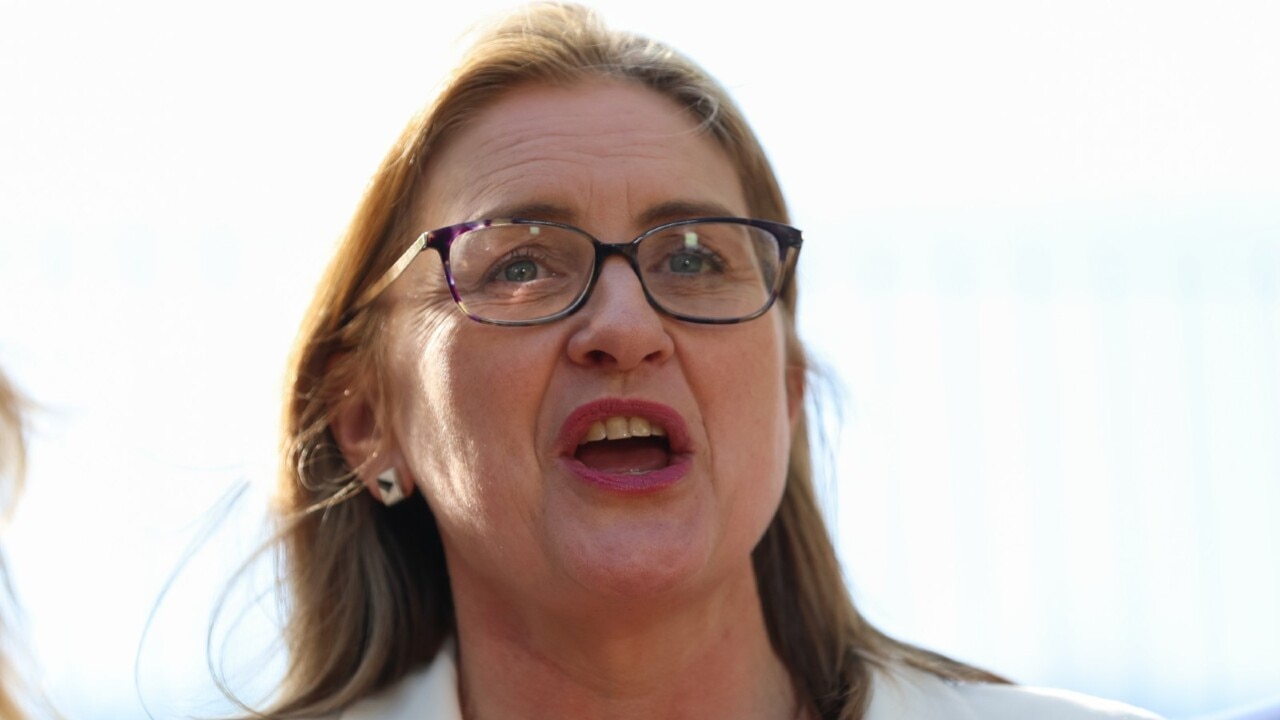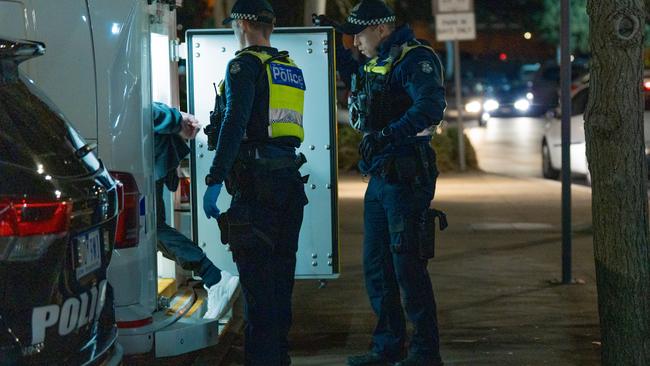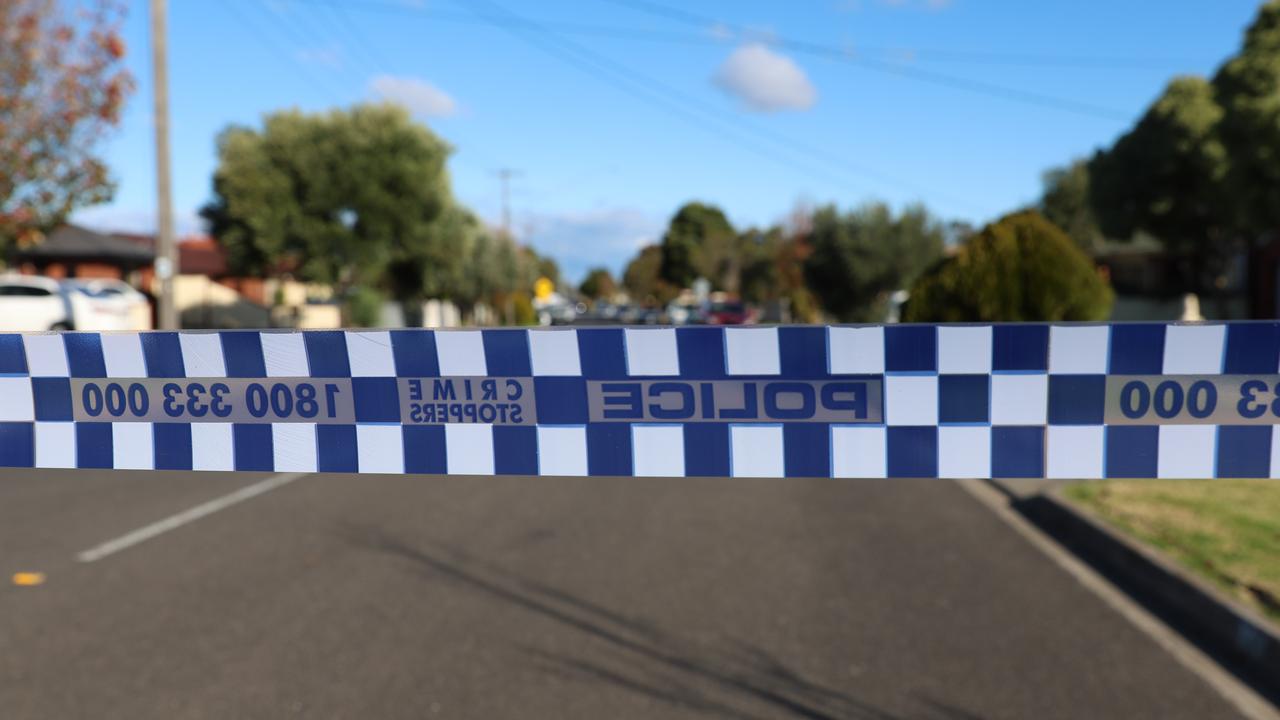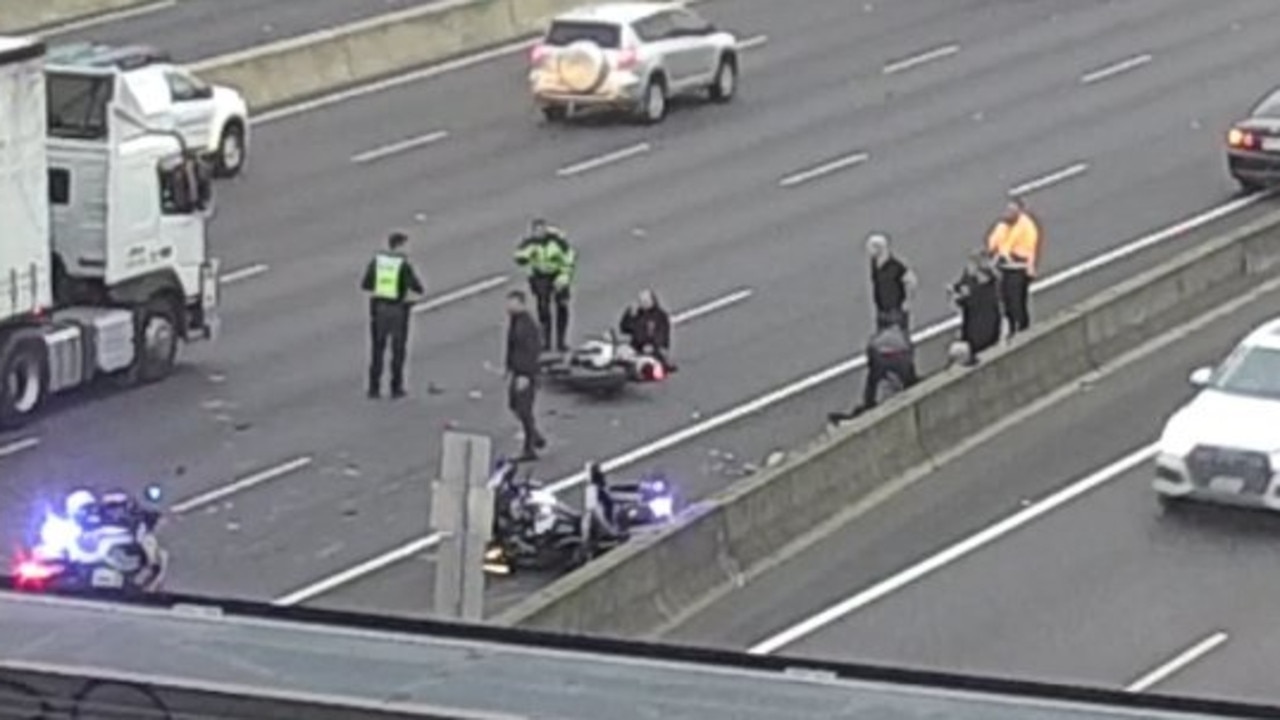Shocking extent of reoffending among young Victorian criminals revealed
Shock figures revealing the extent of reoffending among young kids who have faced a children’s court in Victoria have exposed a stark truth about family violence.

Police & Courts
Don't miss out on the headlines from Police & Courts. Followed categories will be added to My News.
More than 40 per cent of kids aged 10 to 13 who faced a children’s court in Victoria racked up more than 10 police charges or incidents within two years of receiving their first police charge, new figures show.
Almost a third of kids in that age group who have been in police or court contact were also hit with six or more charges within two years of their first offence.
New data from Victoria Police and the state’s Children’s Court shows most children (55 per cent) who were involved in police or court action in 2017 received just a caution.
Of the 1369 children, 147 were bailed and eight were remanded in custody.
Almost 60 per cent of recorded offences against children aged 10 to 13 related to property offences and 29 per cent were offences against the person, which includes assault.
At the time of their first appearance at the Children’s Court, 50 per cent had a prior intervention order in place.
Shockingly, more than 96 per cent of those with a previous IVO were victims or survivors.
These intervention orders include family violence and personal safety orders.

Lead researcher of the study Dr Susan Baidawi from Monash University said the statistics surrounding family violence shocked her.
“The key finding that surprised us the most was the fact that such a high proportion of the children had a previous intervention order in which they were the victim or the person in need of protection at such a young age,” Dr Baidawi said.
“So half of the children who had police contact in relation to alleged offending had a previous intervention order.
“The vast majority of which were related to them being a victim of family violence.
“That was one of the findings that we weren’t expecting.”
Among the children aged 10 to 12 years old who faced court, two thirds had their charges struck out or dismissed, including where they were found incapable of being held criminally responsible.
The government has committed to raising the age a child can be arrested, charged or jailed from 10 to 12 by the end of next year.
And by 2027, it will be raised again to 14.
Dr Baidawi said the research supported the idea of raising the age of criminal responsibility in Victoria.
“A very high proportion of children, especially the 10 and 11-year-olds, are found incapable to be held criminally responsible, even when they make it through the court,” she added.
“That was a pretty interesting finding, because it shows that even if the minimum age of criminal responsibility remains at those younger ages, it doesn’t necessarily mean that we’re getting any kind of intervention with those children, there are some legal protections for them.
“Given that the state government has committed to raising the minimum age of criminal responsibility, we think that’s an amazing opportunity to ensure that we’re, paradoxically potentially bringing in interventions earlier, to better support children’s development.”





